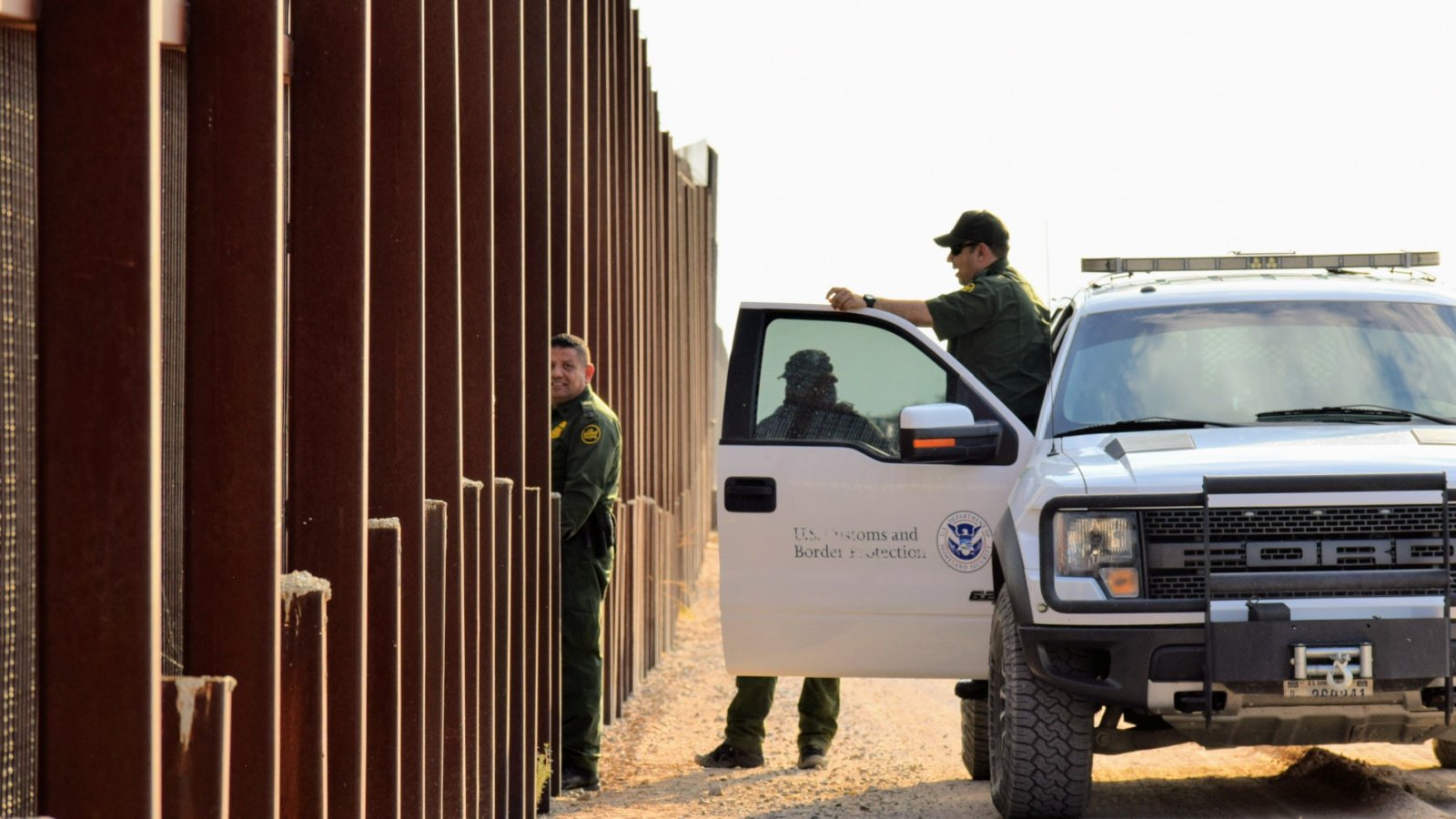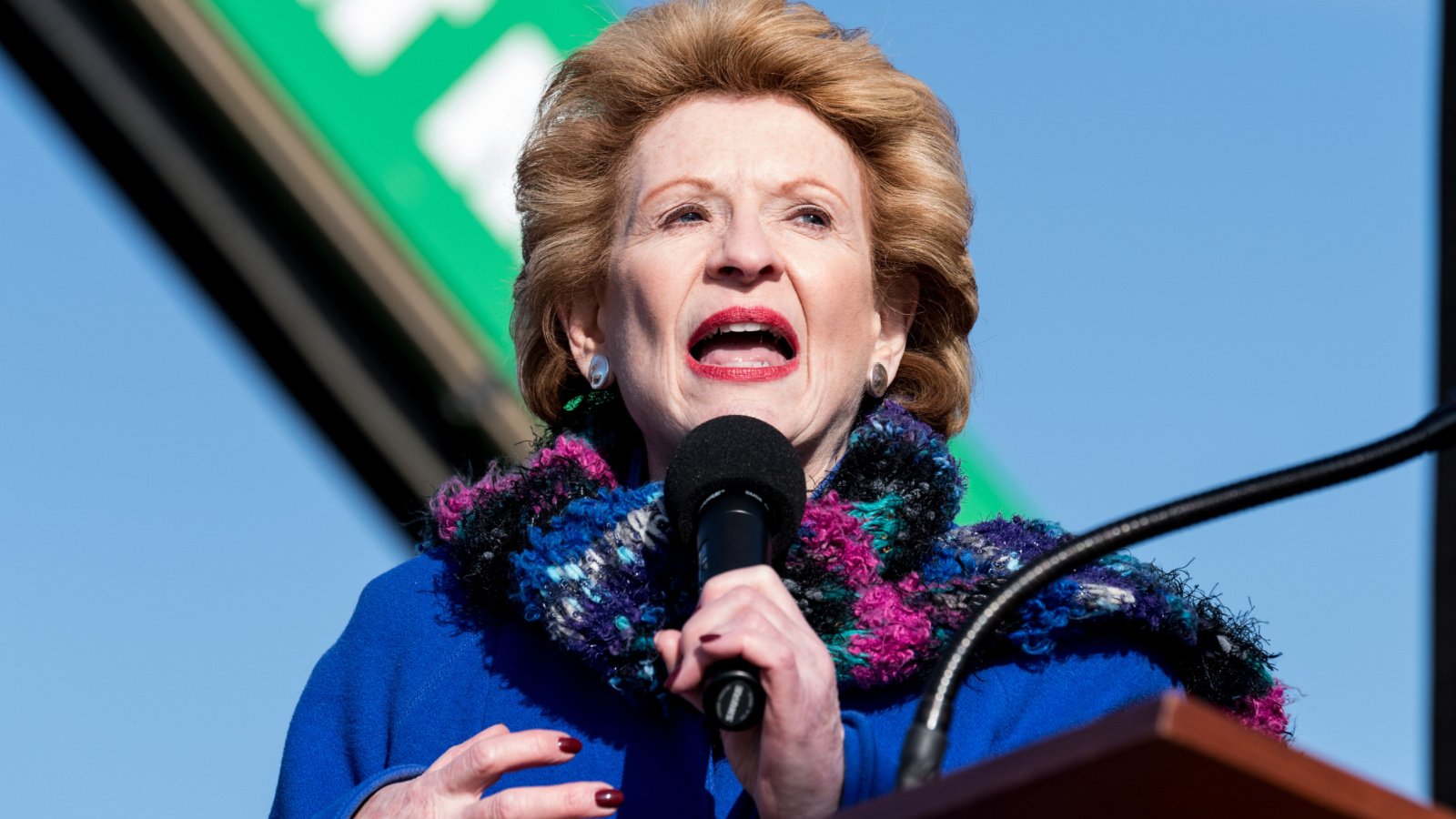Responding to pressure from the federal government, the U.S. Supreme Court has intervened to temporarily halt the enactment of a Texas law that sought to give state law enforcement the authority to detain individuals suspected of illegally entering the United States. This pause allows the Supreme Court time to review the case, which has ignited a significant legal battle over the extent of federal versus state jurisdiction in immigration enforcement. The law had previously been rejected in a U.S. District Court, but then subsequently was reinstated by the 5th U.S. Circuit Court of Appeals to take effect March 9. The law will now be considered by the highest court, giving a definitive determination as to who has the power to implement federal immigration law.
Federal Government’s Challenge

Justice Samuel Alito’s order to delay the law’s implementation came in response to an emergency request from the Justice Department. This move underscores the tensions between state initiatives and federal authority over immigration, highlighting a crucial legal showdown that could redefine the boundaries of immigration control in the United States.
The Controversial Texas Law

Known as Senate Bill 4, the legislation was green-lighted by the 5th U.S. Circuit Court of Appeals to go into effect this Saturday. However, its enforcement is now postponed until March 13 by Supreme Court Intervention as the Court considers the case. The law would allow Texas officials to arrest migrants and mandate their departure from the country, raising concerns about state encroachment on federal immigration responsibilities.
Opposition and Criticism
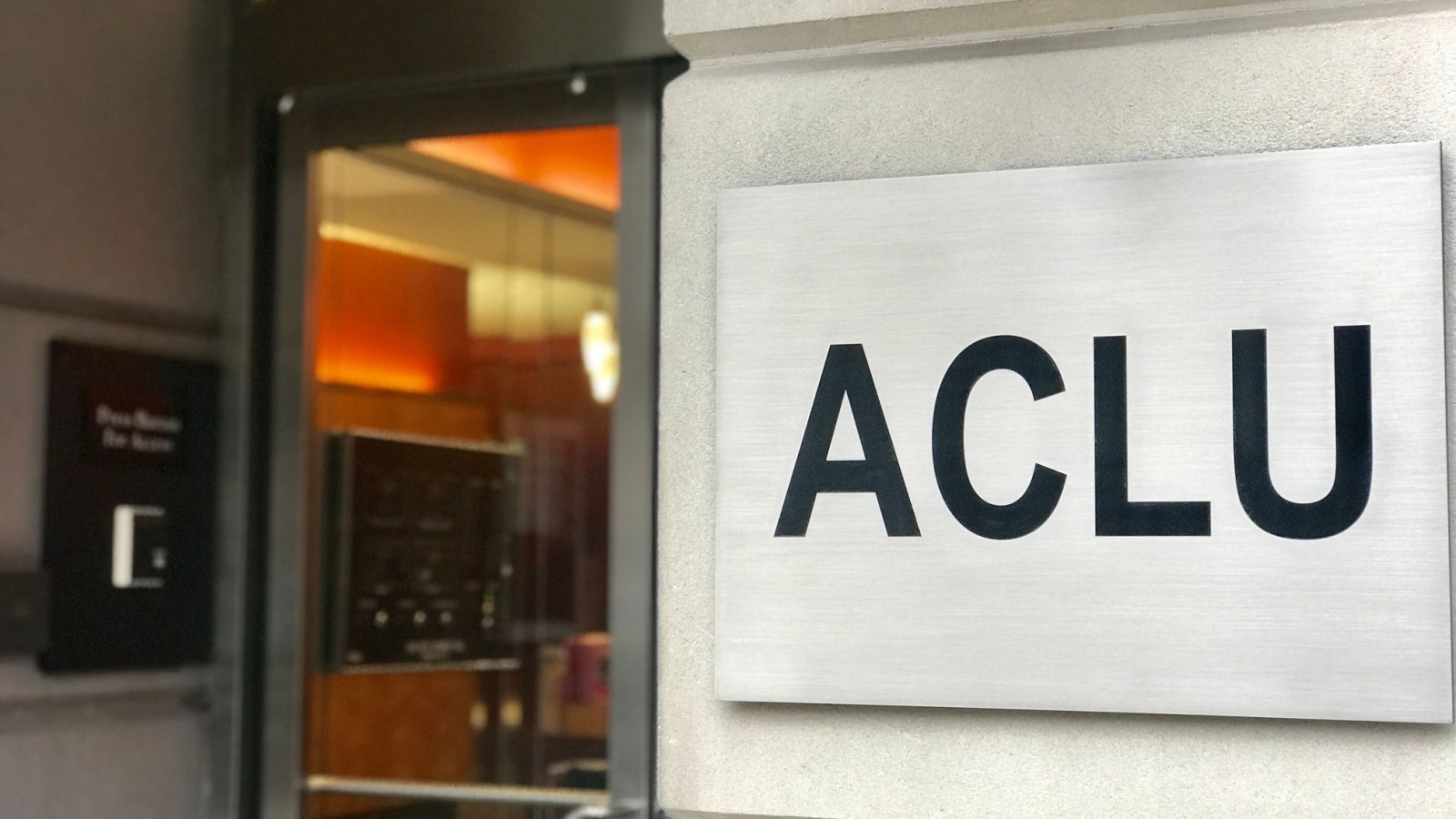
Critics, including the American Civil Liberties Union, have lambasted the law as state overreach into federal immigration territory. They argue that it not only undermines federal authority but also jeopardizes constitutional protections and disrupts the established immigration framework.
The Justice Department’s Stance

The Justice Department has highlighted the law’s potential to significantly disrupt U.S.-Mexico relations and the orderly enforcement of federal immigration laws. It asserts that the law represents a radical shift in the historical balance of immigration enforcement responsibilities between the federal government and the states.
Historical Context

This dispute echoes previous legal challenges to state-level immigration laws, most notably Arizona’s controversial legislation over a decade ago. These cases have consistently underscored the complex interplay between state actions and federal supremacy in immigration matters. Similar legislation was enacted in Arizona in 2010, which the Supreme Court addressed by dismantling portions of the law while upholding certain other provisions, including allowing police to check a person’s immigration status under certain conditions.
Texas’ Defense
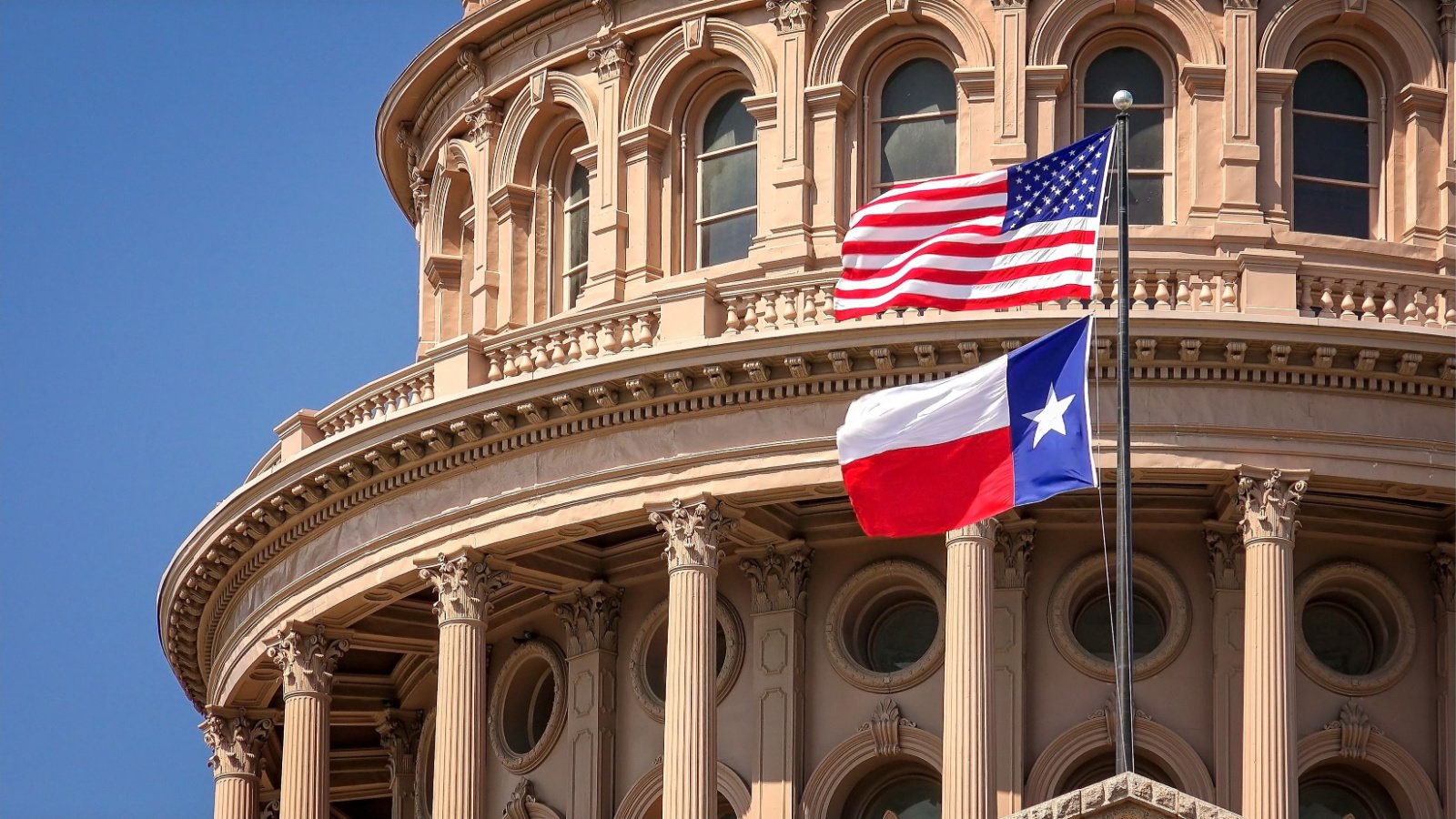
Texas officials defend the legislation as necessary to combat what they perceive as an immigration crisis at the southern border. They argue that the law mirrors federal statutes and is a legitimate response to the adverse effects of unchecked illegal immigration on Texas communities.
Judicial Response

U.S. District Judge David Ezra’s thorough rejection of the law underscores the legal and constitutional issues at stake. He argued that allowing Texas to enforce its own immigration policies could severely interfere with federal authority and disrupt international relations.
Legal and Constitutional Concerns

Judge Ezra’s analysis highlights the constitutional dilemmas posed by the Texas law, particularly its potential conflict with the Supremacy Clause and the risk of undermining federal immigration law.
The Law’s Implications
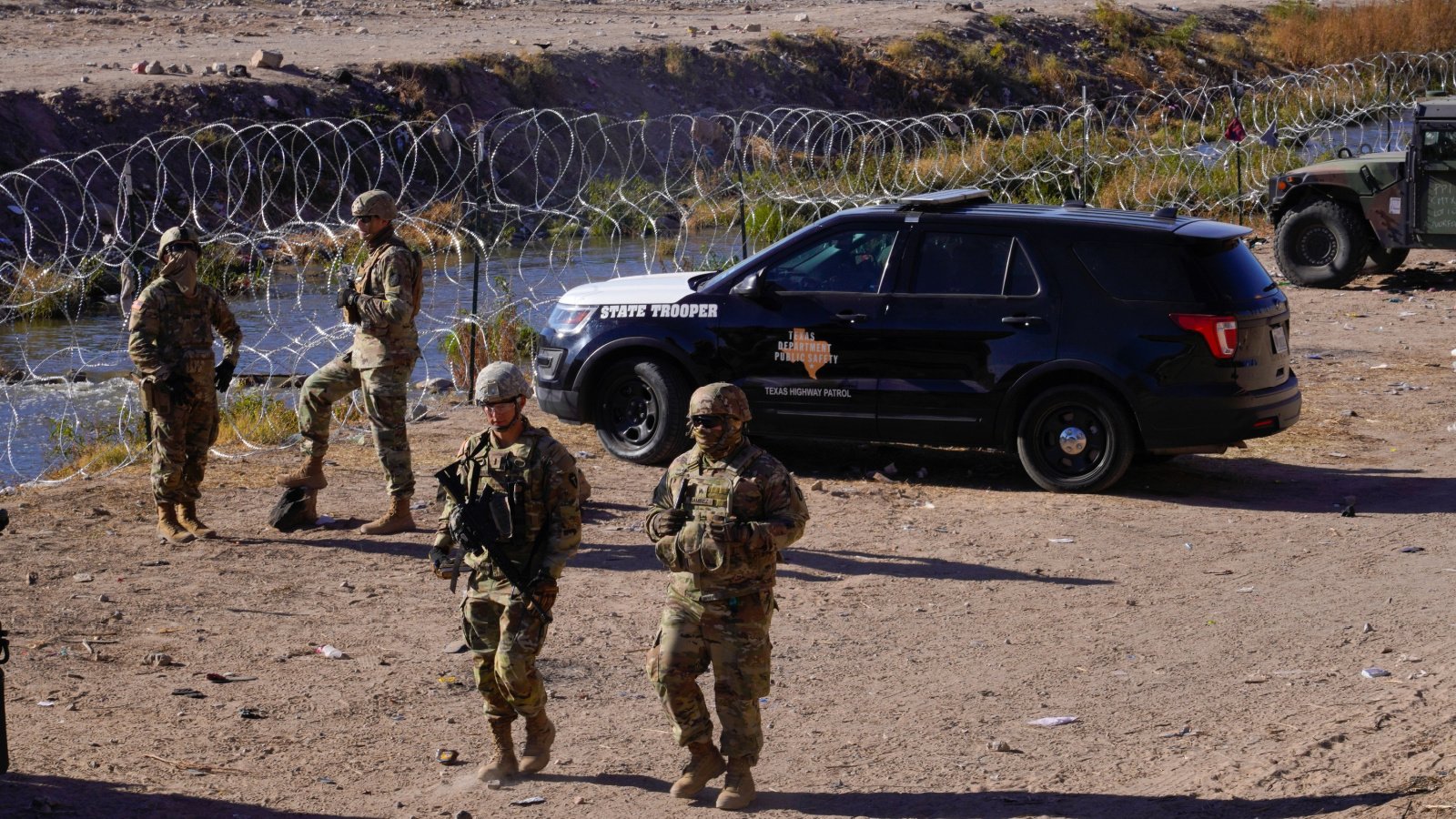
The law’s provision for the arrest of migrants and the requirement for them to comply with a Texas judge’s departure order has sparked a heated debate over states’ rights versus federal authority in immigration enforcement.
The Federal Government’s Emergency Request
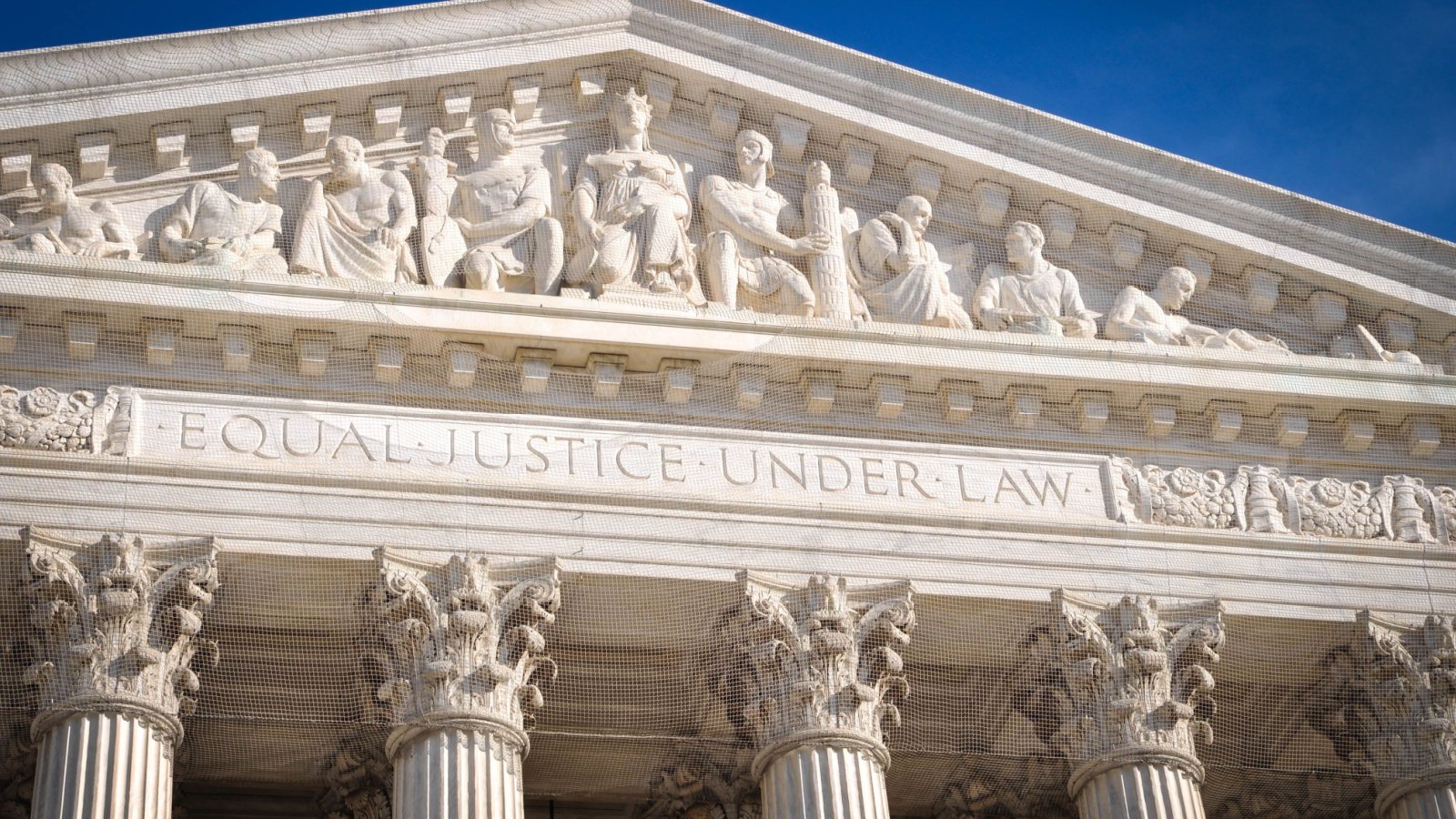
The Justice Department’s appeal to the Supreme Court emphasizes the law’s far-reaching implications for the longstanding cooperation between the United States and its states in managing immigration, as well as for diplomatic relations with Mexico.
The Supreme Court’s Role

By granting a temporary suspension of the law, the Supreme Court has signaled its willingness to scrutinize the balance of powers in immigration enforcement, setting the stage for a landmark decision on the limits of state versus federal authority.
Texas’ Border Security Measures

Governor Greg Abbott’s aggressive border security measures, including the contested law, reflect Texas’ frustration with current immigration policies and its desire for greater autonomy in border control.
Ongoing Legal Disputes

The conflict over Senate Bill 4 is part of a broader series of legal clashes between Texas and the Biden administration over immigration and border security. These disputes reflect wider national debates over the appropriate roles of state and federal governments in immigration enforcement.
Case Primed for Decision at Highest Level

This legal tussle underscores the evolving landscape of immigration law in the United States, as the nation grapples with the challenges of balancing federal authority, state rights, and the practical realities of border security and immigration policy.



